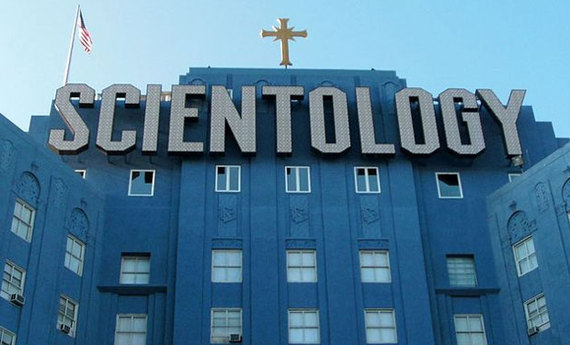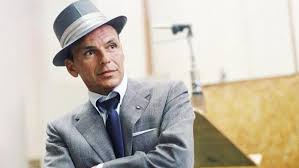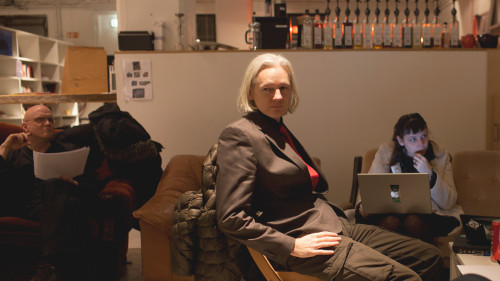
My Stream of the Week is a movie that has actually become MORE topical since its release last year. The important and absorbing documentary Zero Days traces the story of an incredibly successful cyber attack by two nation states upon another – and its implications. In Iran’s nuclear weapons development program, the centrifuges used to enrich uranium began destroying themselves in 2010. It turned out that these machines were instructed to self-destruct by a computer worm devised by American and Israeli intelligence.
No doubt – this was an amazing technological triumph. Zero Days takes us through a whodunit that is thrilling even for a non-geek audience. We learn how a network that is completely disconnected from the Internet can still be infected. And how cybersecurity experts track down viruses. It’s all accessible and fascinating.
But, strategically, was this really a cyberwarfare victory? We learn just what parts of our lives can be attacked and frozen by computer attacks (Spoiler: pretty much everything). And we learn that this attack has greenlighted cyberwarfare by other nations – including hostile and potentially hostile ones. Zero Days makes a persuasive case that we need to have a public debate – as we have had on nuclear, biological and chemical weapons – on the use of this new kind of weaponry.
And here’s why it is more topical today. Since Zero Days’ release last year, we have endured the successful Russian cyberattack on the US election process. And we face an unpredictable foe in North Korea, and our only practical protection against North Korea’s nuclear threat may be our own preemptive cyberattacks.
Director Alex Gibney is one our very, very best documentarians. He won an Oscar for Taxi to the Dark Side, and he made the superb Casino Jack: The United States of Money, Enron: The Smartest Guys in the Room, Client 9: The Rise and Fall of Elliot Spitzer, Mea Maxima Culpa: Silence in the House of God, Going Clear: The Prison of Belief and Steve Jobs: Man in the Machine.
Gibney’s specialty is getting sources on-camera that have the most intimate knowledge of his topic. In Zero Days, he pulls out a crew of cybersecurity experts, the top journalist covering cyberwarfare, leaders of both Israeli and American intelligence and even someone who can explain the Iranian perspective. Most impressively, Gibney has found insiders from the NSA who actually worked on this cyber attack (and prepared others).
Zero Days is available to stream on Amazon, iTunes, Vudu, YouTube and Google Play.



